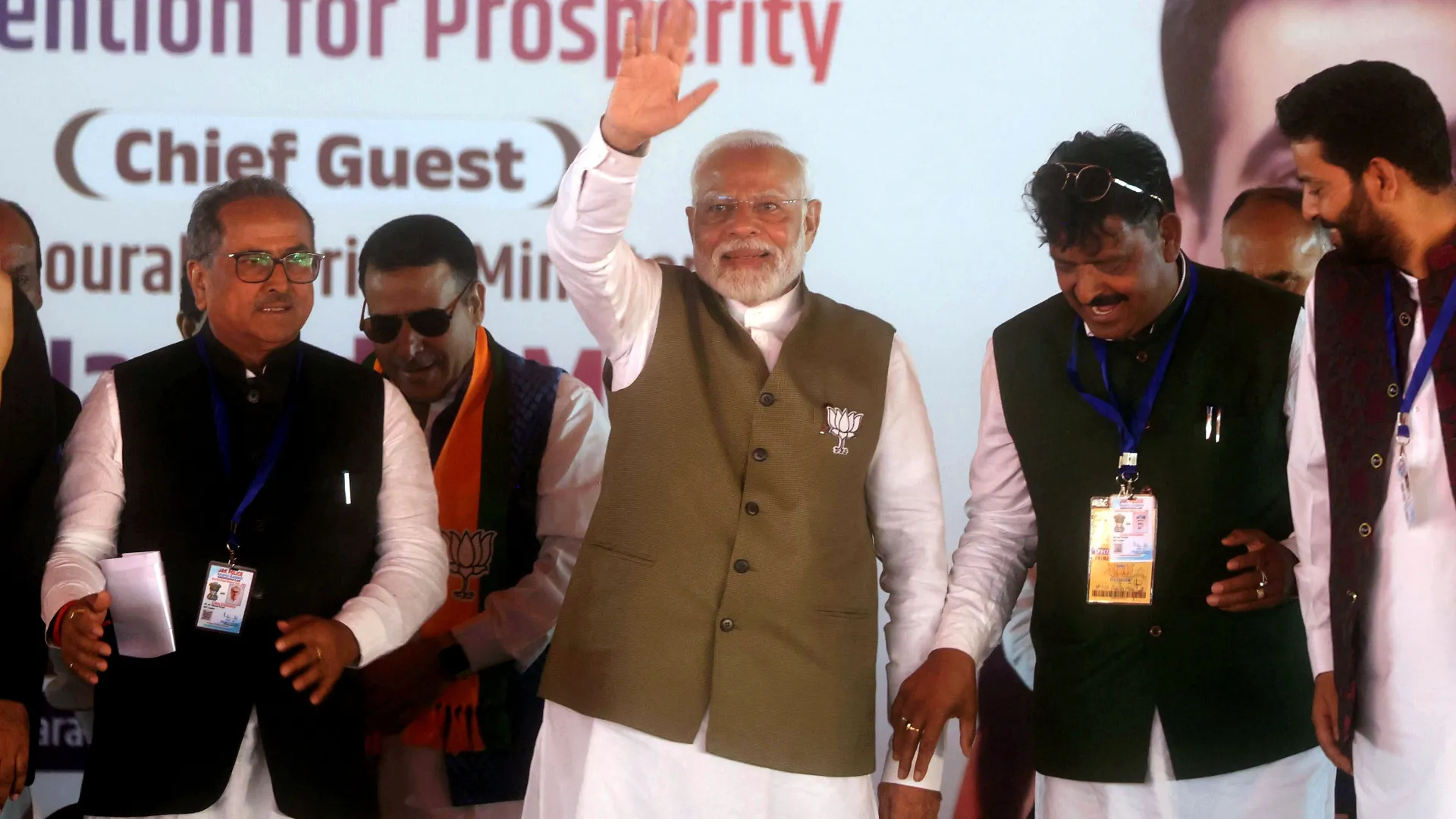Voting is underway for the second and final round of elections for a regional government in Indian-administered Kashmir.
Kashmiris lined up outside polling stations on Wednesday to vote in the first local government election since New Delhi scrapped the semi-autonomous status of the disputed Himalayan territory in 2019. Security is high in the region as the 8.7 million registered voters approach the second round. Polling stations opened at 7 a.m. (01:30 GMT), authorities said.
The turnout is expected to be high, unlike in previous elections, when separatists opposing Indian rule and demanding independence or a merger with neighboring Pakistan boycotted the polls.
Campaigning has been animated by a high unemployment rate and resentment at changes made in 2019. Regional parties have promised to fight for the restoration of autonomy. India’s main opposition is the Congress party, allied with a prominent regional group.
BJP Prime Minister Narendra Modi, whose party has ruled the territory through the 2019 changes in its governance structure, says that he has ushered in a new era of peace and high-speed economic growth—an argument regional parties strongly oppose.
Voting in the first phase of the three-phase election, held partly staggered due to security concerns, was cast on September 18, with 61 percent of the voters. “Since the last election 10 years ago, we were left to the mercy of God,” Tariq Ahmed, 40, AFP news agency.
“No one asked us about our problems. I am happy this election is taking place. I hope we get our representative with whom poor people like me can raise everyday issues.”
Under the Hindu-nationalist BJP government, a Muslim-majority territory was put under New Delhi’s direct rule when autonomy was revoked. The decision was met with mass protest from a region that had been drenched in three decades of insurgency. Mass arrests and a protracted communications blackout followed.
Since then, the territory has been without an elected government; instead, a federally appointed governor has been in control. About 500,000 Indian soldiers are stationed there, where a 35-year insurgency has killed tens of thousands of civilians, soldiers, and rebels, among dozens this year.
International diplomats from 16 foreign missions, including the United States and Russia, were scheduled to visit the capital, Srinagar, to observe the voting, according to The Indian Express newspaper.
Critical decisions after the polls will remain in New Delhi’s hands, including security and appointing Kashmir’s governor. New Delhi will also override legislation passed by the 90-seat assembly. Pakistan controls a smaller portion of the mountainous territory, divided since the end of British colonial rule in 1947, and like India, claims it in full.















